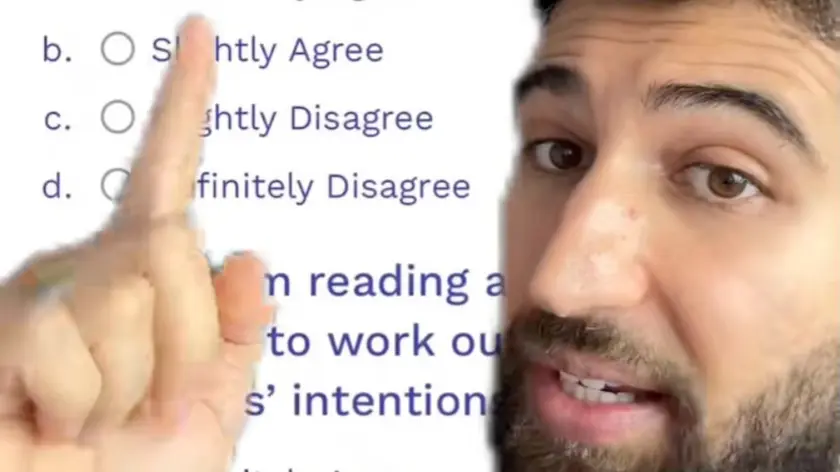T4K3.news
Autism screening prompts draw attention amid wait times
A self check AQ-19 prompt circulates as NHS autism assessment waits extend, prompting calls for clear guidance.

A GP shares a self check from the AQ-19 amid growing delays for autism assessments and a wider discussion about gender bias in diagnosis.
Autism screening questions reveal gaps as NHS wait times lengthen
A London GP has shared a short self check from the AQ-19, a screening tool used for people aged 16 and over. The prompts cover sensory experience social interaction need for routine and ease with change. A TikTok video featuring the tool has drawn attention and a doctor’s warning that a low score does not prove there is no autism.
NHS data show a long wait for autism assessments with more than 212 000 people waiting as of December last year. Some argue the rise reflects greater awareness and better recognition, while others fear potential overdiagnosis. Experts note that women and girls often go undiagnosed because they can mask symptoms through social adaptation and grooming of responses. They point to camouflaging as a key factor that can hide traits, and cite five common signs in women that merit careful clinical review including masking emotional regulation and intense interests that may look normal at first glance.
Key Takeaways
"Scores of six or less make autism unlikely."
Direct remark from Dr Sermed Mezher in the article
"The second he highlighted was emotional dysregulation and meltdowns which he said can be overwhelming."
Professor Ahmed Hankir describes key signs.
"A meltdown is a physical reaction to an overwhelming emotional or sensory experience and all adults across the spectrum can be vulnerable to them."
Definition of meltdown shared in the piece
"Masking or camouflaging can drain their social battery and result in emotional, physical and mental exhaustion, which can then lead to burnout."
Comment on camouflaging effects by Hankir
The article sits at the intersection of public health capacity and medical nuance. Screening tools can raise awareness but cannot replace a full clinical evaluation. The online spread of the AQ-19 prompts risks giving readers a false sense of certainty while the health system struggles to keep up with demand. The gender bias angle matters because women who mask symptoms may be misread as socially capable while meeting criteria for autism only later. In short, better screening must go hand in hand with stronger diagnostic pathways and clear guidance for readers who use self checks.
Highlights
- Self checks cannot replace a full autism assessment
- Masking hides truth not the condition
- Waiting lists test the system not the science
- Awareness must be paired with proper clinical pathways
Public reaction to autism testing and health service delays
The topic touches on sensitive questions about diagnosis and gender bias. Online self checks can inform readers but may mislead without medical consultation. The long wait for assessments highlights pressure on health services and policy questions.
Awareness and care must move together so screening drives real access
Enjoyed this? Let your friends know!
Related News

Rochelle Humes Reaches Out Amid Frankie Bridge Fallout

Washington Commanders face injury challenges before preseason opener

Djed Spence's kind gesture highlights Son's emotional farewell

Prostate cancer patients face major neglect in the UK

South Park Season 27 ratings surge

Lollapalooza 2025 Wraps Up with Remarkable Performances

American children's health faces alarming decline

Katie Price Faces Strain With Daughter Princess Amid Istanbul Surgery
